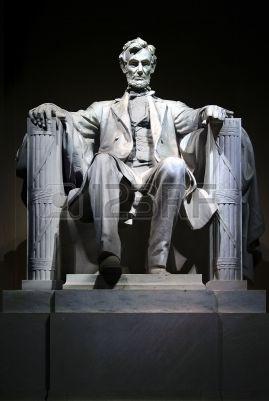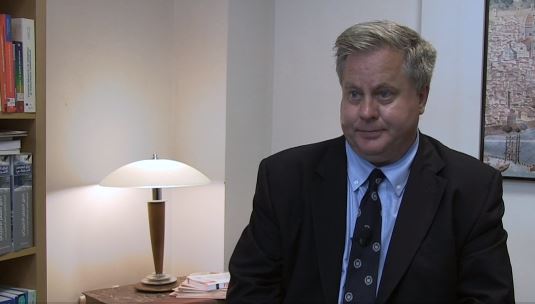
Practical information
Michael Lind will join Ifri for this seminar on the current state of the United States as it approaches midterm elections and the country's longterm outlook.
Co-founder of the New America Foundation, Michael Lind is one of the most innovative thinkers on the evolution of conservative and nationalist thought in the United States. In one of his recent articles, he explains that American conservatism is in decline for demographic reasons. He also addresses the American conservative approach to foreign policy. (American Way of Strategy: U.S. Foreign Policy and The American Way of Life, Oxford University Press, 2006).
M. Lind has studied the history of his home state of Texas in Made in Texas: George W. Bush and the Southern Takeover of American Politics, Basic Books, 2002. More recently, as the Policy Director of the Economic Growth Program at the New America Foundation, he has written on economic issues. (Land of Promise: An Economic History of the United States, HarperCollins, 2012).
Find out more


The United States and the World: what can we expect in the near future?
Michael Lind,of the New America Foundation, visited IFRI on September 29, 2014 for a seminar on "the beginning of a new pollitical term in Washington". In this video he disccusses the constraints on U.S. foreign policy, notably in its fight against ISIS in the Middle East.




